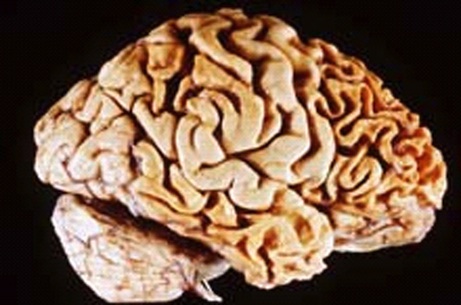
A new study highlights how genetic variations among healthy, young individuals can influence immune cell function and risk factors for common diseases such as Alzheimer’s disease, diabetes and multiple sclerosis later in life.
A new study led by a Gates Cambridge Alumnus highlights how genetic variations among healthy, young individuals can influence immune cell function and risk factors for common diseases such as Alzheimer’s disease, diabetes and multiple sclerosis later in life.
The study is published in the current issue of Science.
“Over the last decade, geneticists have identified hundreds of genetic risk factors for several human diseases, but the functional consequences of those factors on relevant cells are largely unknown,” said Dr Towfique Raj [2005], who is currently based at the Brigham and Women’s Hospital [BWH] Department of Neurology and is a postdoctoral scholar at MIT’s Broad Institute. “Our study highlights the potential role of immune system cells in human diseases.”
The study was conducted as part of the ImmVar Project, which leveraged BWH’s PhenoGenetic Project, a “living biobank” of healthy volunteers willing to contribute blood samples to understand how human genetic variations affect how the human body functions.
The researchers recruited a subset of 461 volunteers from the PhenoGenetic Project of African American, East Asian American, or European American ancestry. Two different types of immune cells – T cells and monocytes – were purified from each individual’s blood, representing the adaptive and innate arms of immunity, respectively. The researchers profiled these cells to measure the expression of 19,114 genes in each cell type. They then examined genetic variants throughout the human genome for their effects on gene expression in these two representative populations of immune cells.
They discovered that genetic variation influencing a person’s risk for multiple sclerosis, rheumatoid arthritis, and type 1diabetes is more likely to control gene activity in T cells than in monocytes. In contrast, genetic variation that increases one’s risk for neurodegenerative diseases, such as Alzheimer’s and Parkinson’s disease, shows a striking enrichment of functional effects in monocytes.
The study shows that genomes introduce changes in the immune system early on which influence how a person responds to additional risk factors that he or she may encounter over the course of their life, making them more or less susceptible to triggering a disease process such as type 1, or juvenile, diabetes.
It focuses on a part of the immune system that already exhibits changes caused by Alzheimer risk factors in people in their 20s and 30s and could lead to scientists eventually being able to manipulate these immune cell types to slow or contribute to stopping the accumulation of Alzheimer’s disease pathology that occurs as people age.
By including volunteers of different genetic ancestries, the researchers also found that genetic variation that alters immune function is highly shared across human populations of different ancestry.
A previous study in Science co-authored by Towfique, who did a PhD in Genetics at the University of Cambridge, covered how genetic variation influences responses of immune cells to different stimuli including bacteria, interferon and flu virus.
Picture credit: Wiki Commons.












